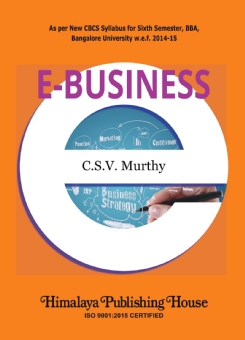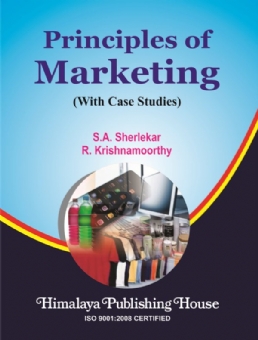Electronic commerce, shortened name is e-commerce i.e., trading in products or services using computer networks specially the Internet. It draws on technologies such as mobile commerce, Electronics / Funds Transfer (EFT), Electronic Data Interchange (EDI), Supply Chain Management (SCM), Internet Marketing, Online Transcation Processing (OLTP), Inventory Management Systems and automated data collection systems. Modern electronic commerce typically uses the World Wide Web (WWW) for atleast one part of the transcations life cycle, although it may also use other technologies such as e-mail.
E-Business (Electronic Business) is the conduct of business processes using the intenet, which include buying and selling of products, supplies and services, servicing customers, processing payments, managing production control collaborating with, business partners, sharing information, running automated employee services, recruiting and more. IBM was one of the first companies to use the term when, in October 1997, it launched a thematic campaign built around e-business.
This book has been written for Bangalore University, BBA 6th Semester with an objective to expose the students to electronic modes of commercial operations.
Contents –
Unit 1 – E-Business
Unit 2 – Security for E-Business
Unit 3 – E-Payments
Unit 4 – E-Business Marketing Technologies
Unit 5 – Cyber Laws






